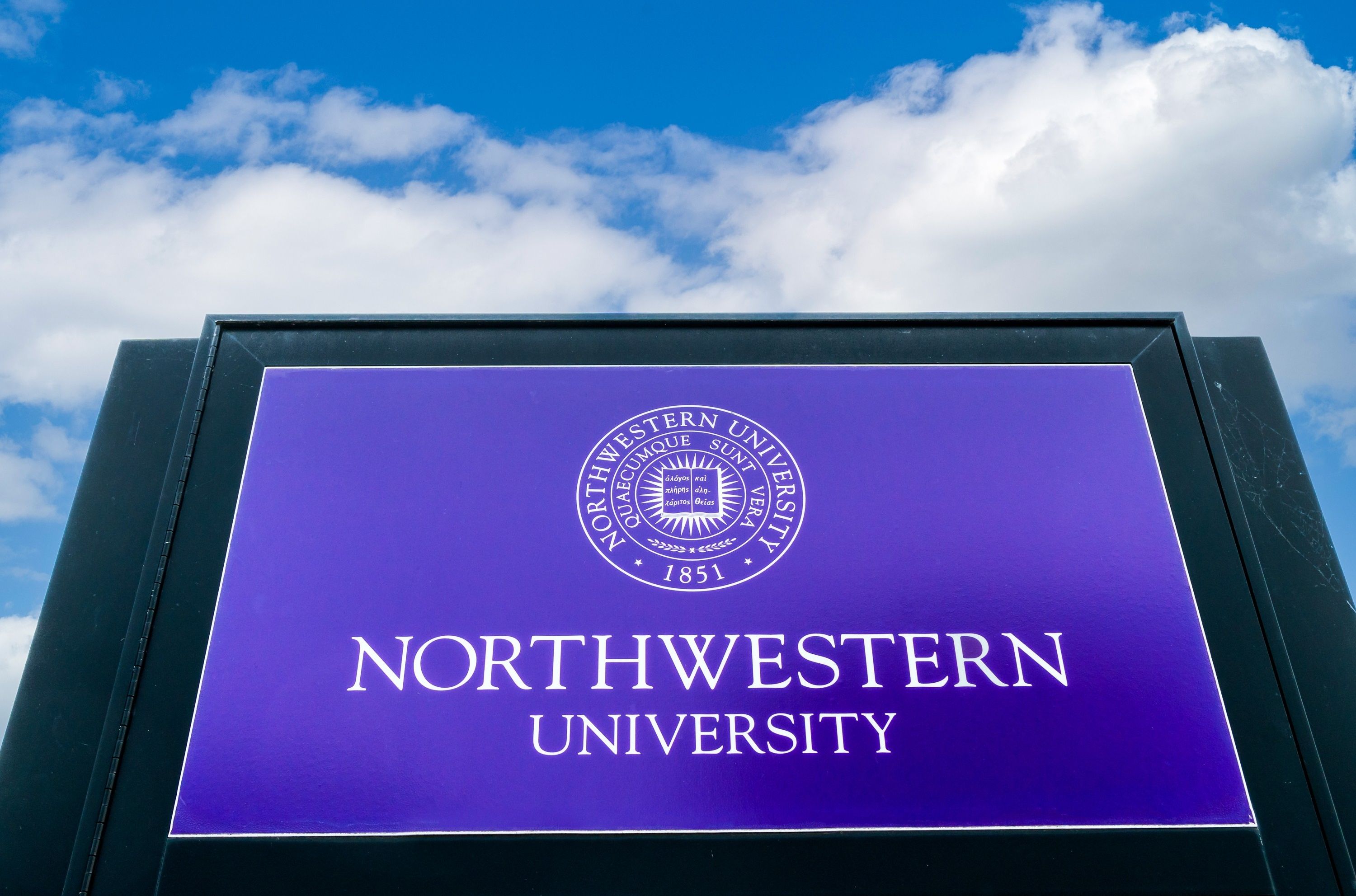In a major reversal, Students Publishing Company (SPC) — the parent company of Northwestern University’s student newspaper — announced today that it will now help fight criminal charges against two Northwestern students over a pro-Palestinian parody attacking the university’s stances on the war in Gaza.
“As of yesterday, we have hired legal counsel to work on our behalf with the Cook County State’s Attorney’s Office to pursue a resolution to this matter that results in nothing punitive or permanent,” SPC board chairman John Byrne wrote in a statement. The decision does not guarantee that prosecutors will drop the charges, but it does ratchet up the pressure to do so.
The news comes less than two days after RS and The Intercept reported a growing wave of backlash against the charges from students, faculty, and alumni of the school.
The charges were brought under a little-known law called theft of advertising services, which appears to only exist in California and Illinois and was originally passed to stop Ku Klux Klan members from inserting unauthorized advertisements into newspapers.
The students, both of whom are Black, allegedly wrapped the parody newspaper around several hundred copies of the Daily Northwestern itself, opening them up to prosecution under the statute. They now face up to a year in jail under the class A misdemeanor — the harshest level of criminal charge below a felony.
“It’s very clear that this is a discriminatory action,” a former Daily Northwestern editor and current student told RS/ The Intercept over the weekend. Another student worried the charges would have a “chilling effect on speech” related to Israel’s war in Gaza.
The board previously doubled down in its support of the charges despite backlash, saying in a statement Monday that “tampering with the distribution of a student newspaper is impermissible conduct.” The SPC is independent from the university, but its board includes prominent alumni as well as several current students and faculty members.
In the new statement, Byrne said SPC was unaware until recent days that the people charged were Black and Northwestern students. “Some may disagree, but these facts matter to us,” he wrote.
Byrne, an attorney who works as a marketing executive at a Chicago law firm, confirmed that SPC asked university police to investigate the incident and that the board had signed complaints against the accused students. The statement claims that SPC “didn’t understand how these complaints started a process that we could no longer control – and something we never intended,” adding that they were never formally informed that charges had been brought.
“We understand and recognize why we need to take action,” Byrne wrote. “We hope to heal the hurt and repair the relationships that have been damaged and frayed by our unintentional foray into the criminal justice system.”
It remains to be seen how the school’s community will respond to SPC’s decision. More than 70 student groups have pledged to boycott the Daily Northwestern by refusing to speak to its reporters until the charges are dropped, a decision that now lies solely in the hands of local prosecutors.
















